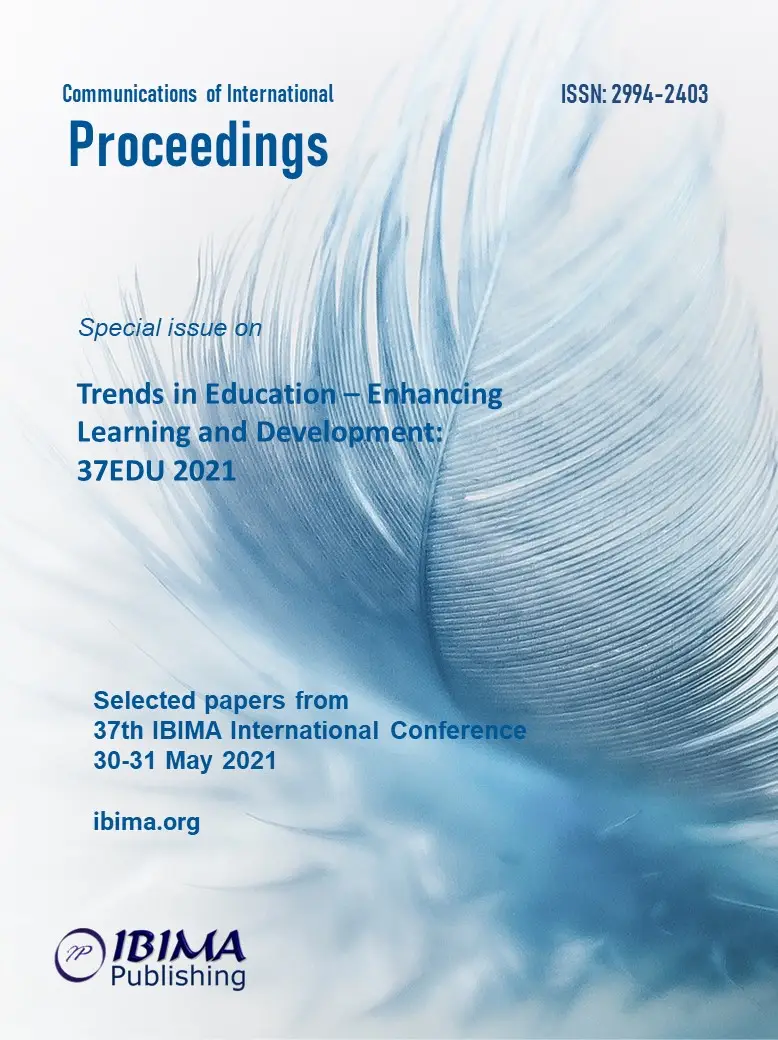

Edyta SPODARCZYK and Katarzyna I. SZELAGOWSKA-RUDZKA
Gdynia Maritime University, Gdynia, Poland

Various organizations, also higher education institutions (HEIs), are interested in the concept of CSR development. Universities, by definition, play a responsible social role. They educate students for the labor market, shape their competences, sensitize them to social and environmental issues, and build relations. The main goal of the conducted pilot study is to compare Polish and Slovakian students’ expectations regarding a socially responsible university (SRU), including: 1) defining the importance for students of the distinguishing features of a SRU shaping mutual relations with them in dimensions: values, relations, graduate, education, efficient organization, 2) ranking the importance of these dimensions according to students. The research was conducted with a method of a direct survey, based on an original questionnaire, in purposefully selected HEIs in Poland and Slovakia. A descriptive analysis was used to develop the obtained results. Regardless of the country, the respondents expect their HEIs to be socially responsible and build positive relations with their students. For Polish students, relations and efficient organization are of the greatest importance, while for Slovakian students – relations and values. In Polish students’ opinions, the most important features of a SRU are: respecting student rights, adapting knowledge and skills to the needs of the labor market and fair assessment. For Slovakian students the most important are: instilling universal values in students (e.g. tolerance, freedom, justice), teachers’ respect for students, maintaining interactions with students. Polish students are more demanding. They expect university’s activity of implementing socially responsible practices, while they will be beneficiaries. Polish HEIs have more experience in building social responsibility, but Slovakian HEIs are also slowly developing their activity. Although this is a pilot study and its conclusions can only be applied to the participating HEIs, it indicates some important premises for further research of university social responsibility (USR) in both countries. They show that scientists should undertake research on universities stakeholders’ expectations more often, starting with students (research gap). Based on their results, HEIs should shape their specific USR practices.